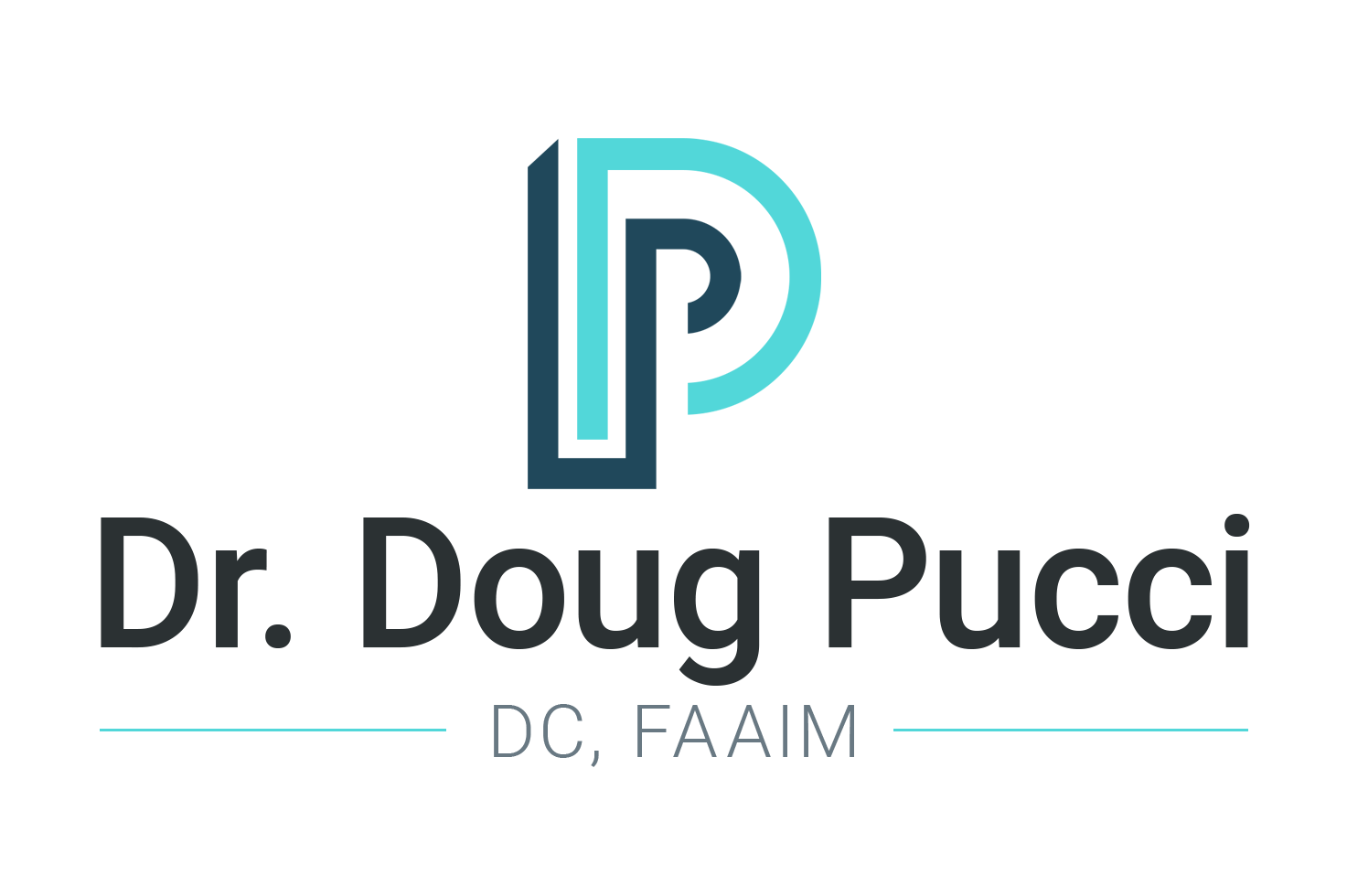This Single Ingredient Is Damaging to Heart Health Added sugars—not fats—are behind the high rates of heart disease
For decades, Americans – and people around the world – were led to believe that fats were the true evil behind cardiovascular disease. Doctors preached that a protein-packed breakfast of eggs and meat should be replaced by whole grain cereals and other carb-based choices. But now JAMA Internal Medicine, the American Heart Association and the British Heart Foundation report that it is actually added sugars, not fats, that contribute to an increased risk of cardiovascular disease.
Many people don’t realize how much sugar they’re ingesting on a daily basis, mainly because they’re used to unhealthy choices being a regular part of their lives. Sometimes consumers don’t realize how much added sugar is actually in the products they’re eating, and other times packaged or processed products contain hidden sugars, which can be labeled with about 60 different terms that can be unrecognizable or have healthy-sounding names.
Sweetened drinks like sodas, sports/energy drinks, bottled iced tea drinks, specialty coffees and others top the list of the most heavily consumed sugar-added products. For perspective, a 12-oz. soda can contain anywhere between 9-1/2 to 12-1/2 teaspoons of sugar – if you drink a 16 oz., 20 oz. or larger container or if you have more than one soda per day, you can see how quickly your sugar intake increases just from soda alone. Then add in even more sugar from these commonly consumed culprits (and many others):
- Sweetened breakfast cereals and oatmeal mixes
- Jams, jellies, preserves, honey, spreads, syrups
- Cakes, candy, cookies, etc.
- Low-fat yogurts with sweetened fruit at the bottom
- Pre-made sauces and gravies
- Other processed foods like packaged meals.
- Juice drinks, including green drinks, apple juice, orange juice, and so on
There are a few different ways that sugar takes a toll on heart health. First and most obviously, an excess of sugar can lead to becoming overweight or obese, both of which are known to increase the risk of heart disease. But regardless of weight, sugar also raises blood pressure and creates inflammation in the body, which is associated with an increased risk of cardiovascular disease, cancer, and other health problems.
The Conventional Approach Leads to Skyrocketing Cases of Heart Disease and Diabetes
The American Heart Association has revised its recommendation for sugar consumption, stating that women should have less than 6 teaspoons of sugar per day and men should consume less than 9 teaspoons per day. One small 12 oz. soda already exceeds both of those numbers. But does anyone really understand how serious the numbers are or what that recommendation means?
The amount of sugar being consumed by most people is staggering. JAMA reports that most adults consume 10% of their calories from added sugar. That added sugar crowds out other nutrient-dense calories and only contributes to our already elevated societal-wide sweet tooth. What’s worse, one out of every 10 adults get a whopping 25% or more of their calories from added sugar. In many cases, not because of personal choice but because they have limited food options. Sugar is cheap. When researchers compared these two groups to people who get less than 10% of their calories from added sugar, there was a significant difference in cardiovascular disease rates and mortality.
Just how serious are these numbers? The study showed that adults who consumed a fifth of their caloric intake from added sugars had more than twice the risk of a heart attack. Even more staggering: those with the highest sugar intake raised their risk of cardiovascular disease by 400%. Those are some pretty serious numbers.
Functional Medicine’s Focus On Food as Nourishment, Not Entertainment
Most children, teens and adults are consuming far more added sugar than is considered safe, but the good news is that it’s easy to find healthy alternatives that will benefit you in multiple ways and begin to reverse the effects of added sugars. For some families, it’s as easy as making better decisions at the grocery store to replace sugary snacks with fresh fruits, seeds, nuts and the like, squeeze citrus fruits into sparkling water or cold still water to replace soda and “enhanced” waters, and use fresh vegetables, rice and meats rather than frozen or prepackaged products. For countless others it’s about knowing what constitutes a healthy option on the go, and how to plan and prepare small snacks for throughout the day that contribute to blood sugar stability. And for too many, it’s about overcoming food scarcity and pushing back on the amount of processed white flour and sugar that is provided at meals.
This is where functional medicine is helping to change the healthcare landscape. Not only is it possible to work with a doctor who can individualize the best approach; but through functional medicine, food (not calories) are seen as an essential strategy to restore health, avoid medications, and recover from illness.. In part, a functional medicine doctor will run comprehensive lab tests that include glucose and insulin, , blood pressure readings, testing for overall carbohydrate and essential fatty acid metabolism, and so on . These tests will not only help guide decision making about food and food timing, but will advocate deeper connections and causes for disease than standard allopathic models do. Together, with your doctor you determine additional risk factors for heart disease and diabetes in order to take a holistic approach to address any underlying factors you may not even be aware of and put you on the path to whole body wellness.
Dr. Doug Pucci is a functional medicine practitioner who was honored in 2020 to receive both The Best Of 2020 Awards for Functional Medicine in Oradell, NJ, and entry into Trademark Publications’ Who’s Who Directory, Honors Edition, for his pioneering work. He provides comprehensive testing for health biomarkers, advanced discovery into brain/body well-being and personalized nutrition for a diversity of people and symptoms.
For more information, call 201-261-5430 or visit GetWell-Now.com











